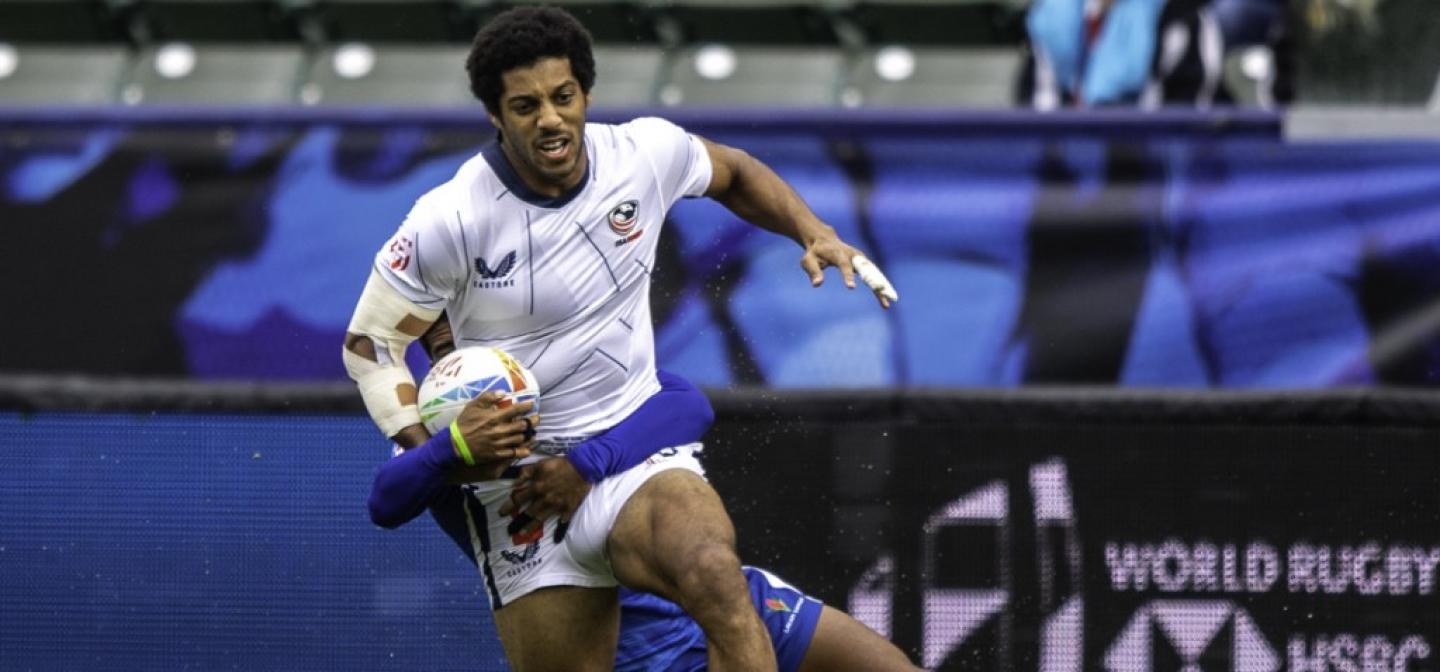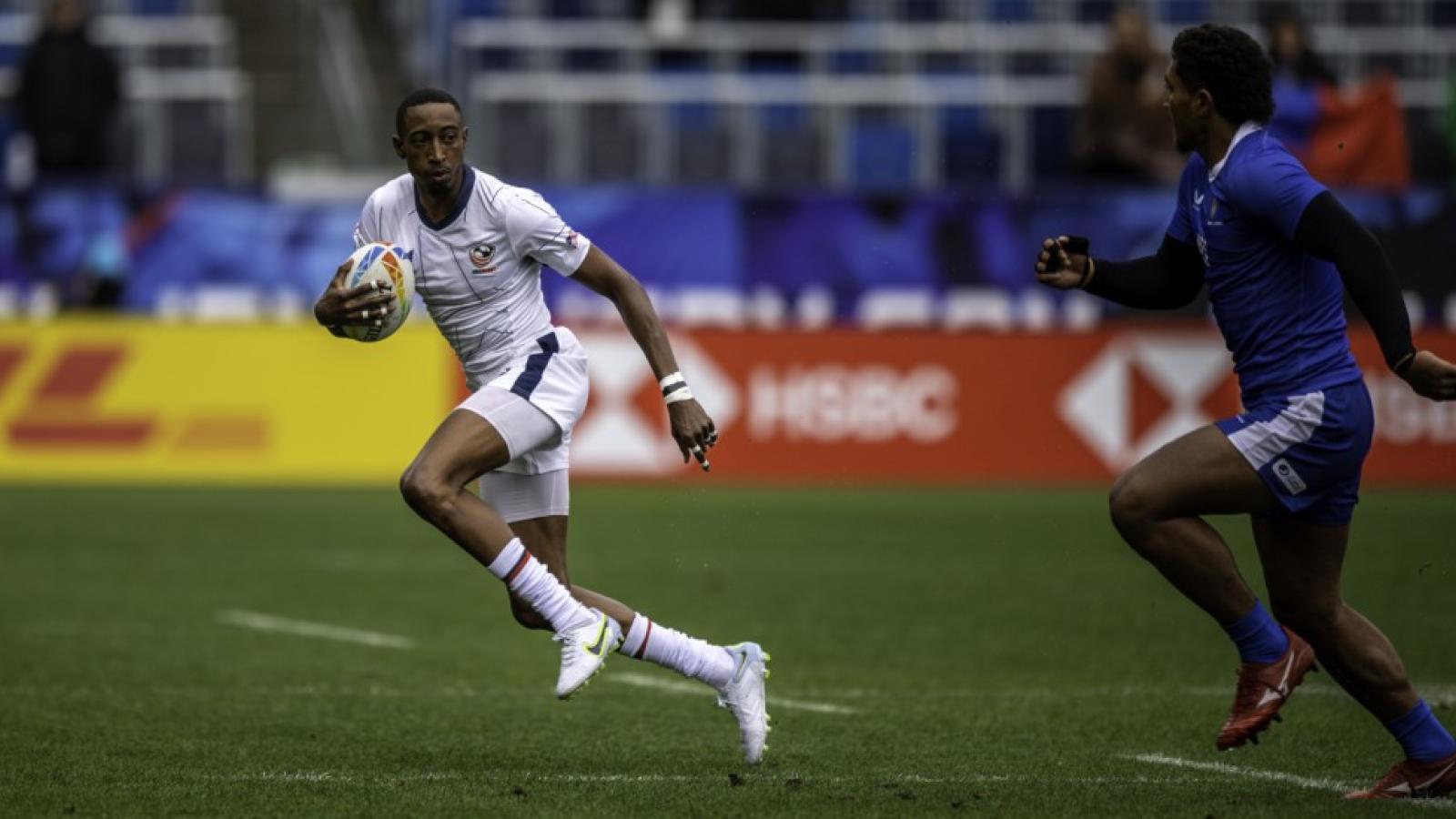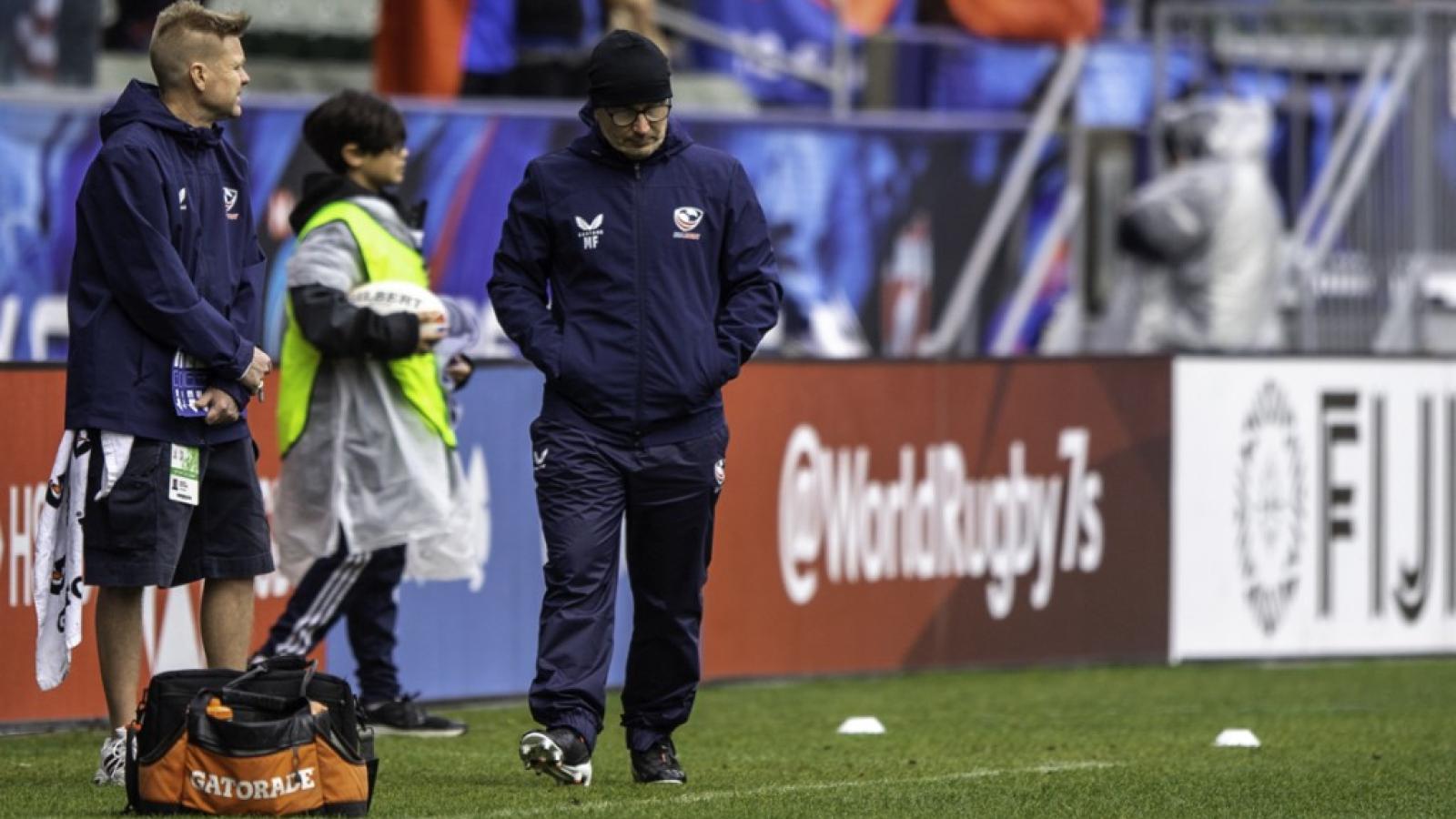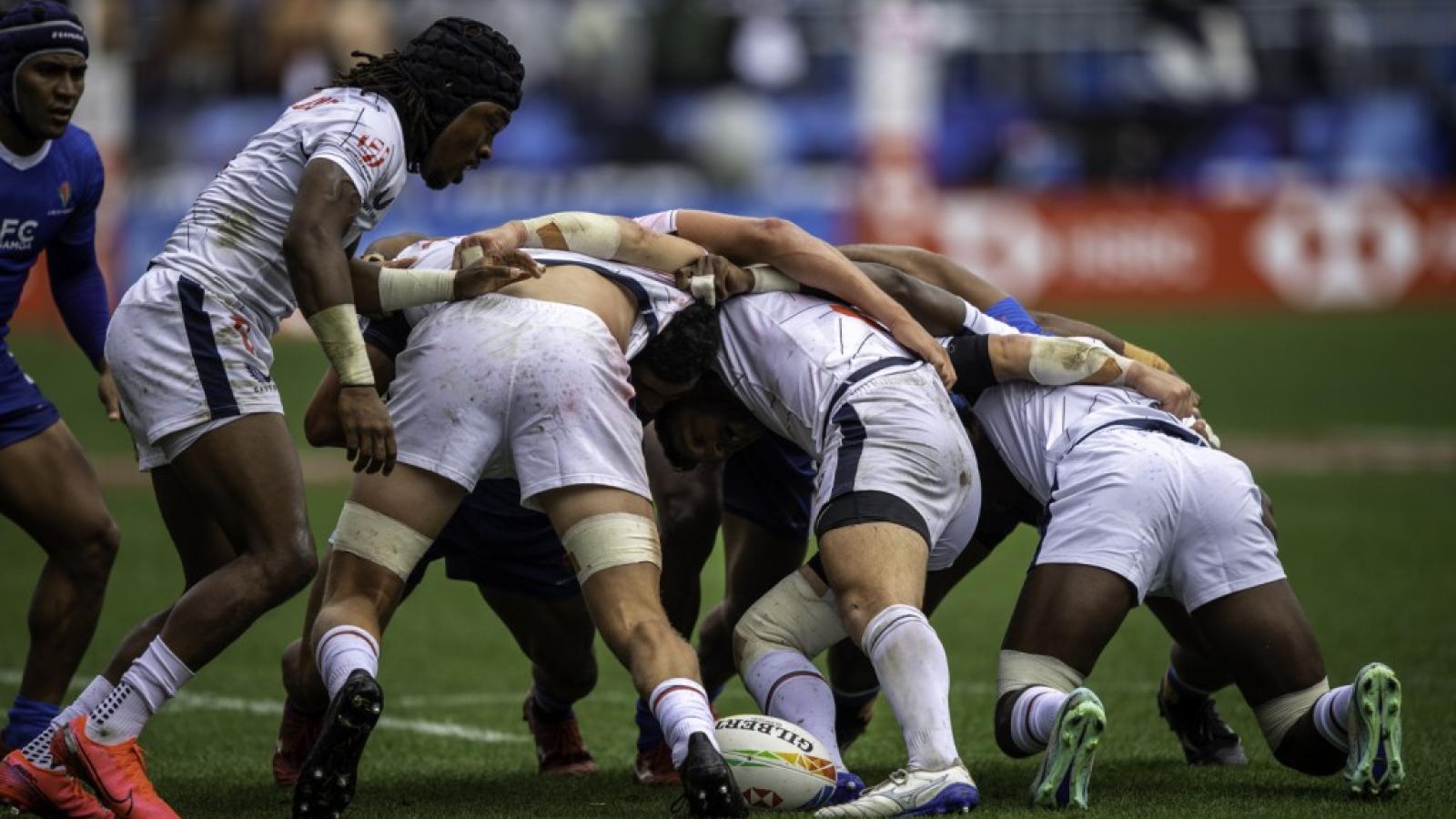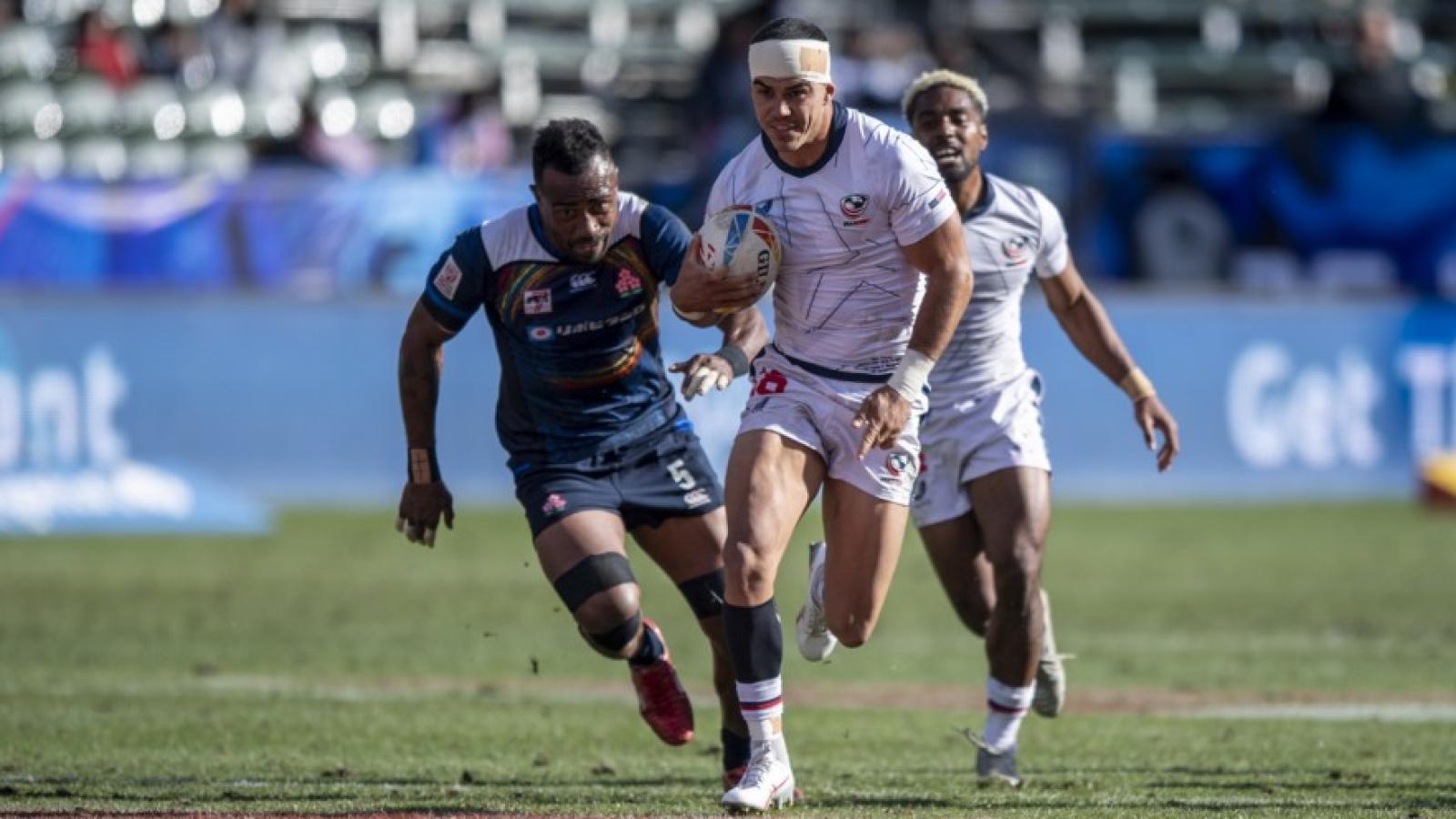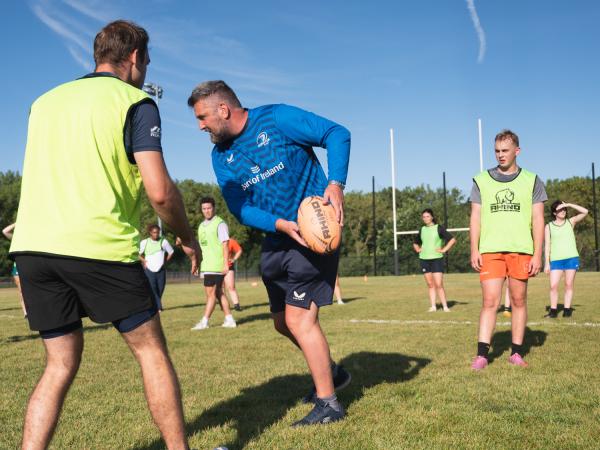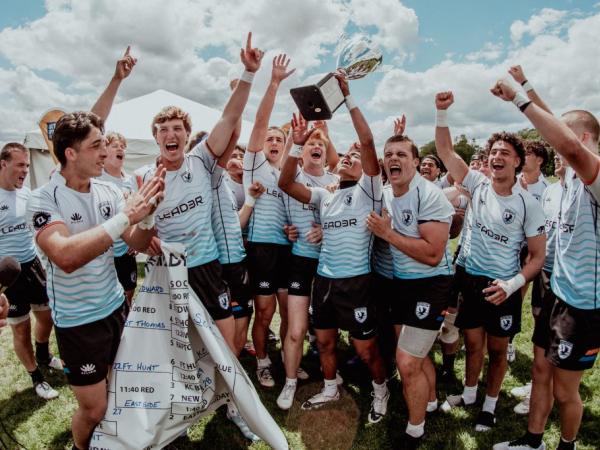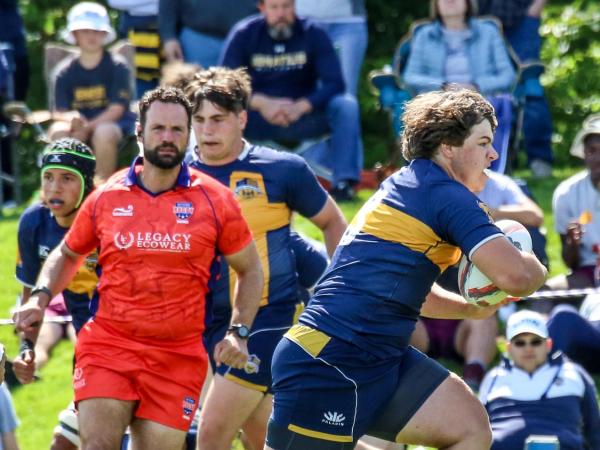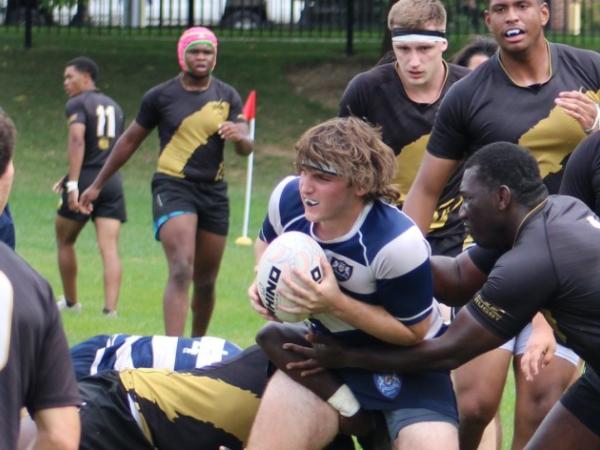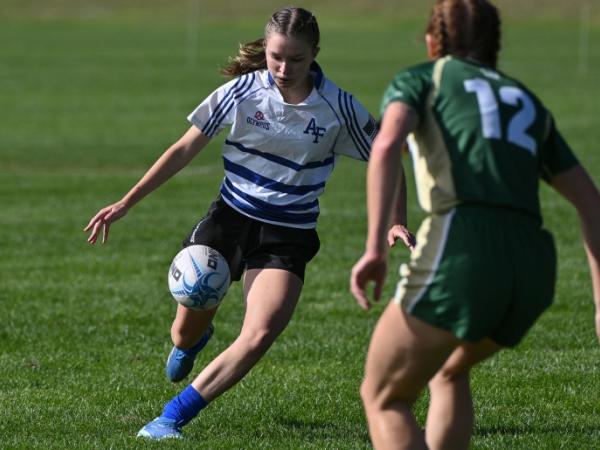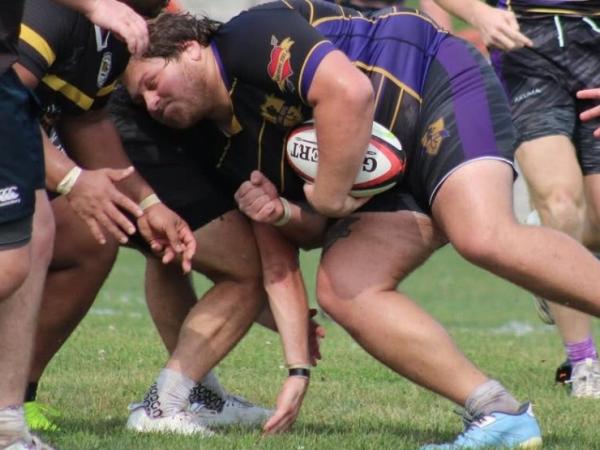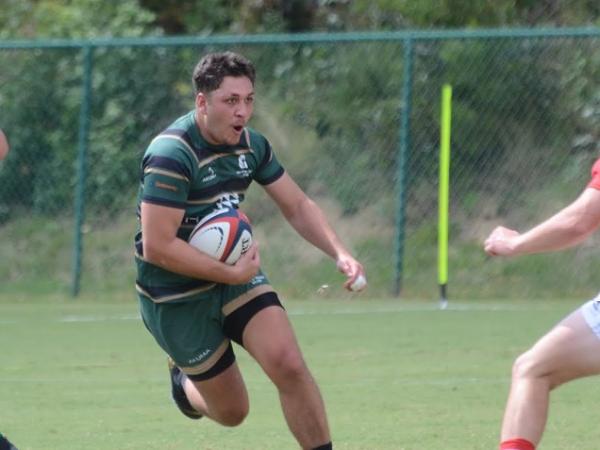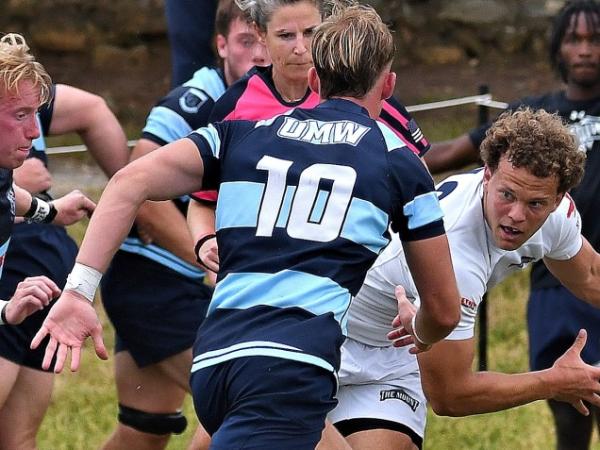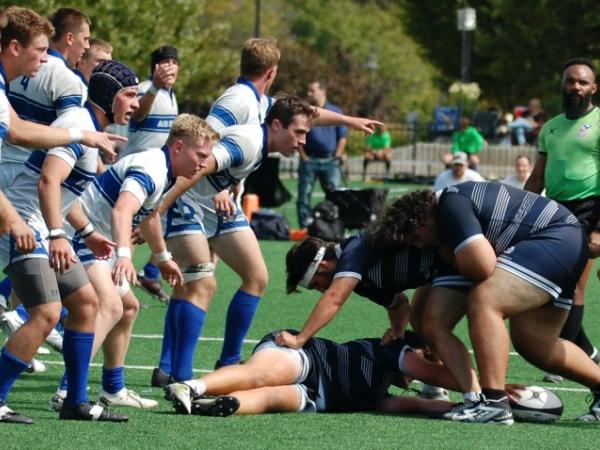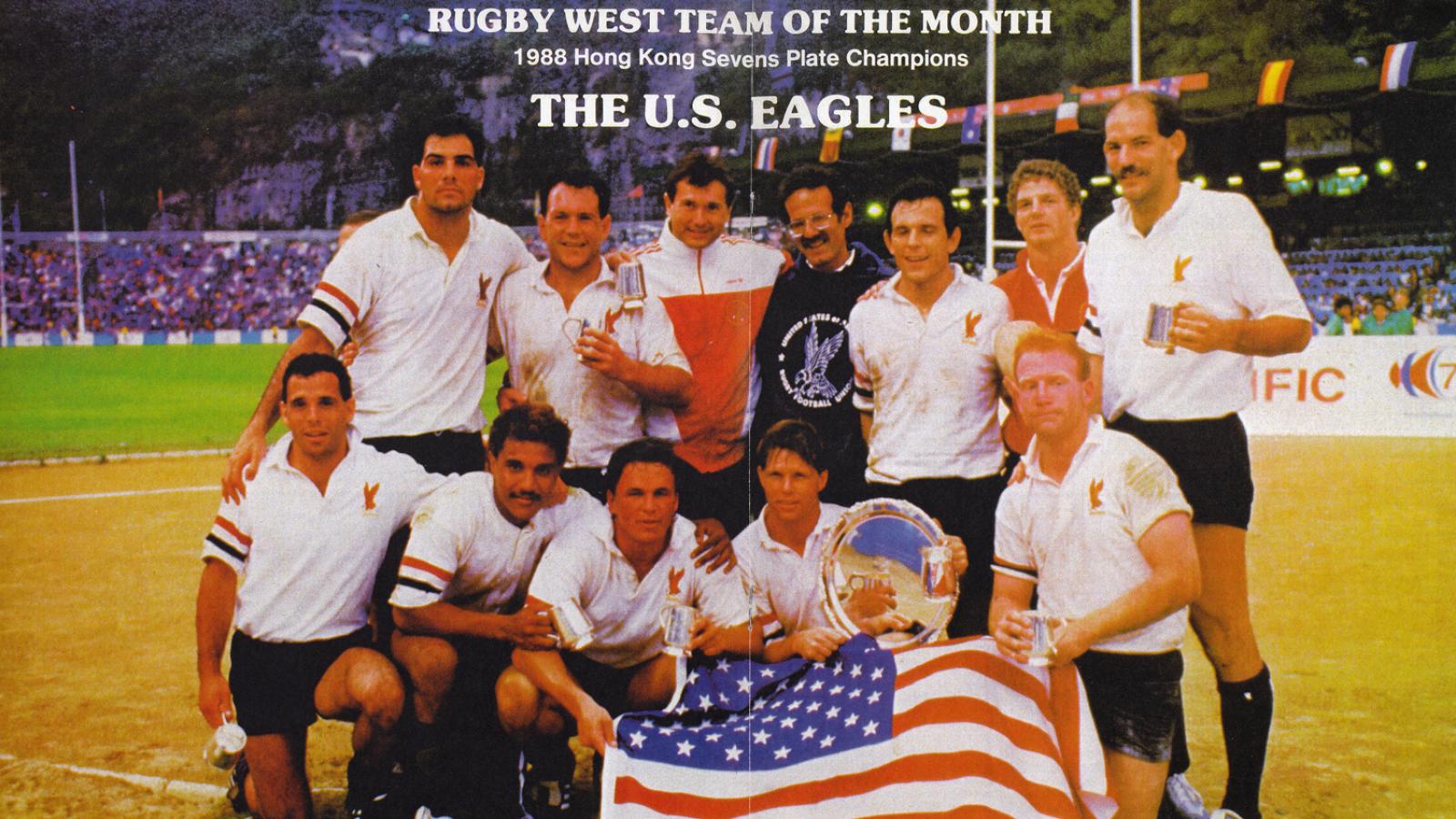Which USA 7s team will we be watching in August at the Olympic Qualifiers in Langford BC?
Will it be the team that made the top three early in the World Series? Or will it be the team that crash-landed to three bottom four finishes in the last six World Series tournaments?
That’s the question Head Coach Mike Friday has to answer as the Eagles gear up for the Olympic Qualifier August 19-20 in Langford, BC. Friday doesn’t love the timing of it, saying it means his players don’t really have time off (especially those who are now playing in the PR 7s, which is most of them). And while this is the Rugby Americas North (RAN) qualifier, including Mexico and teams from the Caribbean, Langford is about as far from the Caribbean as you can get and still be in North America. Maybe Anchorage was booked.
That, of course, is because World Rugby doesn’t subsidize the host of the RAN qualifier, and with hurricane season upon us for the next several months, the number of viable venues becomes scarcer and scarcer. Starlight Stadium in Langford is operated by Rugby Canada and so the cost of hosting is small. With British Columbia not exactly in the path of any hurricanes, the risk of weather cancelation drops considerably, too.
(If you go to the tournament, beware; August in British Columbia will make you not want to go back home.)
Chemistry and Leadership
So you get what you get, and our questions for Friday were more about what players and chemistry he has. With a nod towards the work Kevon Williams, Stephen Tomasin, and Perry Baker have done as leaders in word and deed, this remains a USA team in search for more leadership.
“When Madison was captain, there were really eight or nine leaders,” Friday acknowledged. “In the transition to this new lot, we weren’t able to integrate them due to COVID and we lost about two years of learning from your elders. So we have a group of players still quite new to the World Series and have not had a lot of touch time.”
They then are a confidence team. When they play with confidence they are riding high and can beat even really great teams. When they make one mistake that confidence can fritter away, and they don’t have the experience to regather and regroup.
“Look at Argentina; that group has been together for six years,” said Friday. “Even teams that are able to bring on a 19-year-old who plays really well, like New Zealand, aren’t asking him to do too much because they have that core of experience. Before Christmas we were flying; when you’re young and you’ve got confidence, it’s a great place to be in. But when it doesn’t go your way and you’re young and immature, it can become lonely because young men try to solve it themselves rather than appreciating that you need the entire team to be successful on the circuit.”
Highs and Lows
The emotional highs and lows are exacerbated by the grind of the World Series. It’s an ordeal, for sure, and the newer players are really just finding out how tough it is.
With the way the World Series has been scheduled—finishing off last season in August then almost right into the 2022-23 season, and now the Olympic Qualifier in August, there’s very little stand-down time, and also little time to just work on aspects of play without worrying about a tournament in a couple of weeks.
“The chemistry piece we’re working on,” said Friday. “We’ve got good young players who are developing and who are going to make mistakes, and sometimes those mistakes will cause us to lose games that we shouldn’t lose. Most of the mistakes that cost us were skill execution—pass-catch, a bad offload, a terrible ball present, a missed tackle. We have to recognize that the fundamentals matter and that comes from getting your work done and how you train every day. You might be super-keen at match time, but if you haven’t done the work don’t be surprised when you don’t get the results.”
Part of that comes down to leadership within certain groups. Most coaches recognize that little cadres of players need a leader and a butt-kicker in that group. This is certainly true of Polynesian players, who often look to an older player as a mentor. For years that man was Folau Niua. He might not say much, but during fitness sessions he was always the one to say “let’s do one more.” That was his catch-phrase—“one more.”
With a lot of young Polynesian players on the USA team, someone has to step to the fore as the leader.





